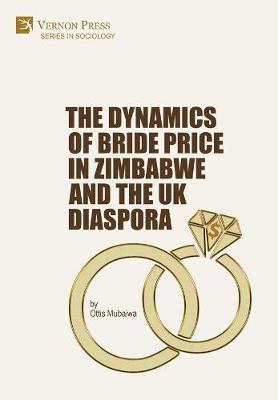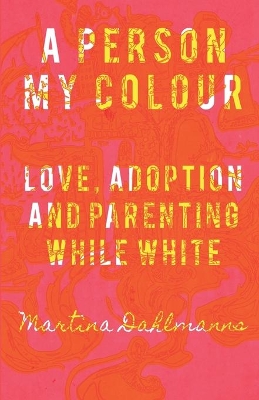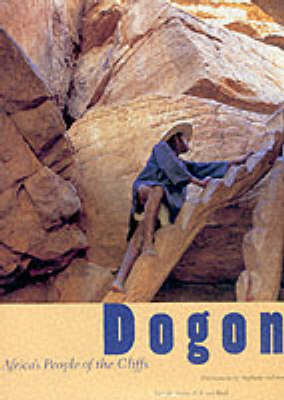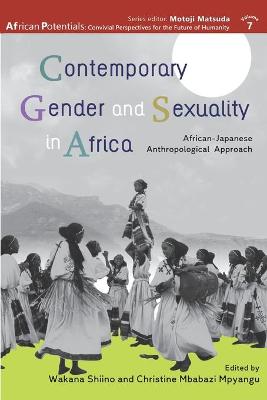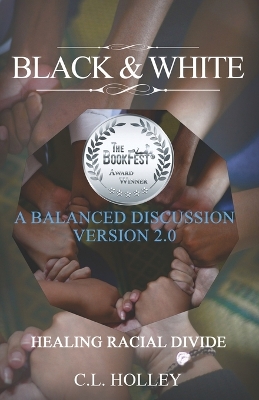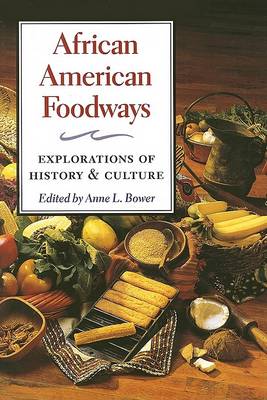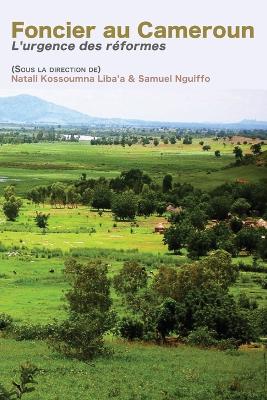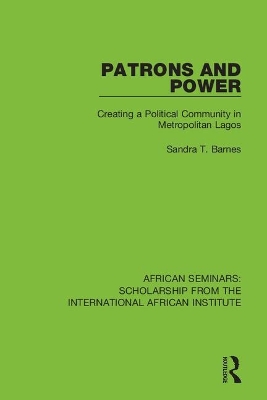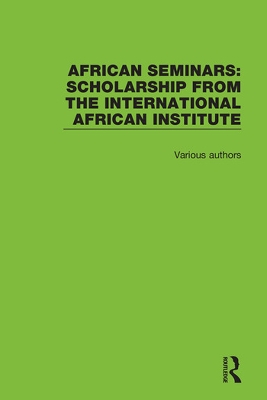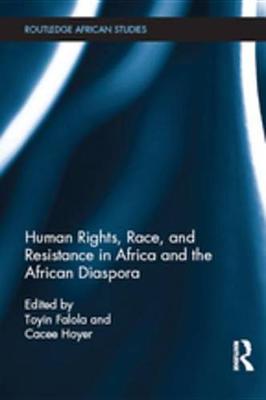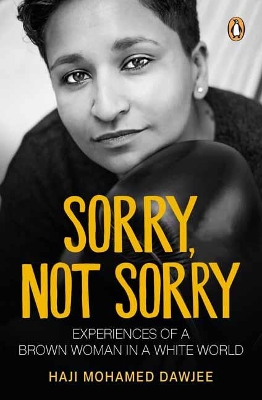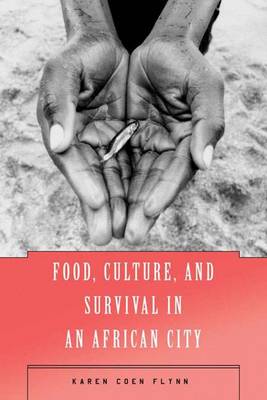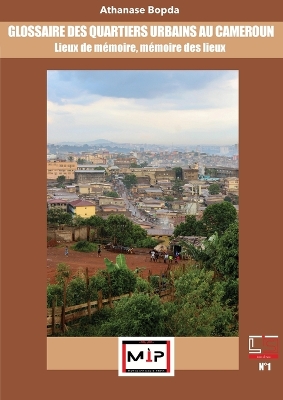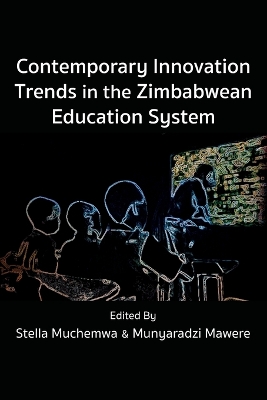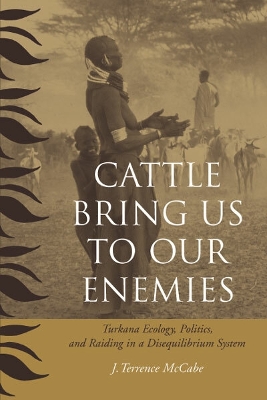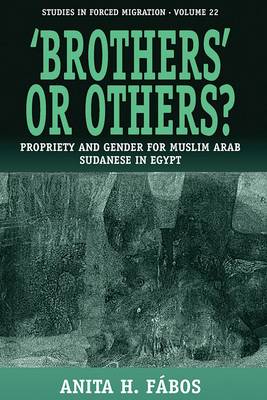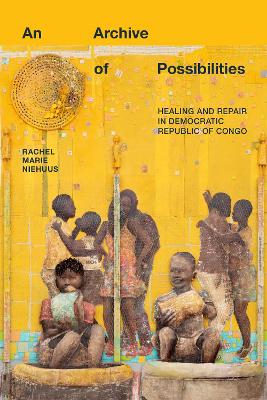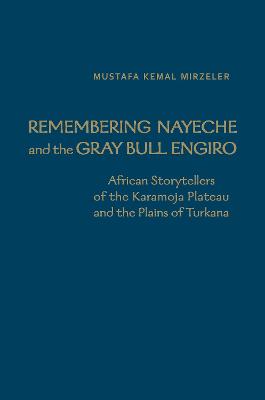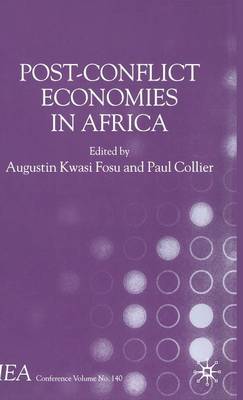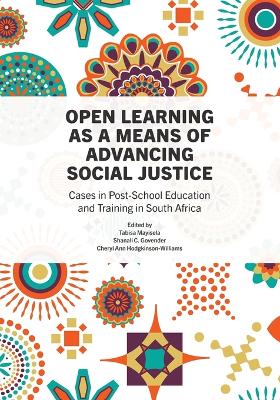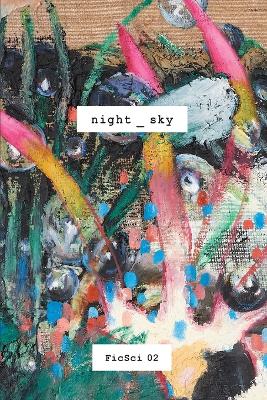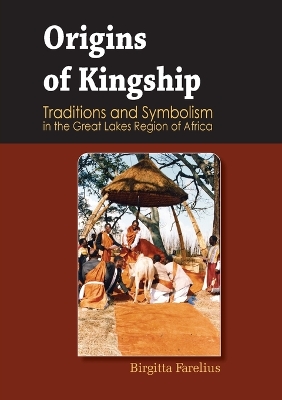The Dynamics of Bride Price in Zimbabwe and the UK Diaspora (Series in Sociology)
by Ottis Mubaiwa
The Dogon people of Mali in West Africa are noted for their colourful masked dances and ceremonies, a distinctive adobe architecture, and a tightly-knit social structure. They live in a remarkable area, making their homes along a 200-kilometer cliff face which runs like a wall across the land.
Contemporary Gender and Sexuality in Africa (African Potentials: Convivial Perspectives for the Future of Humanity)
Moving beyond catfish and collard greens to the soul of African American cooking Ranging over the progression from seventeenth-century West African fare to contemporary fusion dishes using \u0022soul food\u0022 ingredients, this book provides an introduction to many aspects of African American foodways. Examining the combination of African, Caribbean, and South American traditions, the volume's contributors offer insights from history, literary studies, sociology, anthropology, and African Ameri...
Originally published in 1986, this urban political ethnography focusses on Mushin, a large suburb of metropolitan Lagos, Nigeria. It explores the mechanisms which bridge the various social categories to bring about political interaction. The book traces the development of Mushin from a collection of rural villages to its full status as a political community. It analyses structures and processes and the ways in which, since the 19th century, the system has responded to colonial, civilian and mili...
African Seminars (African Seminars: Scholarship from the International African Institute)
Originally published between 1986 and 1989 the 8 volumes in this set reflect the research and debate surrounding many issues for the African economy, society and culture and as such make a vital contribution to effective development, both rural and urban. They re-issue key titles from the International African Library and the International African Seminars and address themes of direct relevance to contemporary Africa on topics as diverse as medicine, migration, housing, pastorialism and marriage...
Human Rights, Race, and Resistance in Africa and the African Diaspora (Routledge African Studies)
Africans and their descendants have long been faced with abuse of their human rights, most frequently due to racism or racialized issues. Consequently, understanding shifting conceptualizations of race and identity is essential to understanding how people of color confronted these encounters. This book addresses these issues and their connections to social justice, discrimination, and equality movements. From colonial abuses or their legacies, black people around the world have historically en...
Why don’t white people understand that Converse tekkies are not just cool but a political statement to people of colour? Why is it that South Africans of colour don’t really ‘write what we like’? What’s the deal with people pretending to be ‘woke’? Is Islam really as antifeminist as is claimed? What does it feel like to be a brown woman in a white media corporation? And what life lessons can we learn from Bollywood movies? In Sorry, Not Sorry, Haji Mohamed Dawjee explores the often maddening exp...
Research Methods and Statistics for Cross-Cutting Research
by Ephraim Matanda and Munyaradzi Mawere
A rich ethnographic portrait of food-provisioning processes in a contemporary African city, offering valuable lessons about the powerful roles of gender, migration, exchange, sex, and charity in food acquisition. Based on anthropologist Karen Coen Flynn's study of Mwanza, Tanzania, this work draws on the personal accounts of over 350 market vendors, low, middle and high-income consumers, urban farmers as well as those, including children, who live on the streets. This strikingly original work of...
Contemporary Innovation Trends in the Zimbabwean Education System
by Stella Muchemwa
Cattle Bring Us to Our Enemies (Human-Environment Interactions)
by J.Terrence McCabe
An in-depth look at the ecology, history, and politics of land use among the Turkana pastoral people in Northern Kenya Based on sixteen years of fieldwork among the pastoral Turkana people, McCabe examines how individuals use the land and make decisions about mobility, livestock, and the use of natural resources in an environment characterized by aridity, unpredictability, insecurity, and violence. The Turkana are one of the world's most mobile peoples, but understanding why and how they move i...
"Brothers" or Others? (Studies in Forced Migration, v. 22) (Forced Migration, #22)
by Anita Fabos
Muslim Arab Sudanese in Cairo have played a fundamental role in Egyptian history and society during many centuries of close relations between Egypt and Sudan. Although the government and official press describes them as "brothers" in a united Nile Valley, recent political developments in Egypt have underscored the precarious legal status of Sudanese in Cairo. Neither citizens nor foreigners, their uncertain position is created in part through an unusual ethnic discourse which does not draw princ...
An Archive of Possibilities (Critical Global Health: Evidence, Efficacy, Ethnography)
by Rachel Marie Niehuus
In An Archive of Possibilities, anthropologist and surgeon Rachel Marie Niehuus explores possibilities of healing and repair in the eastern Democratic Republic of Congo against a backdrop of 250 years of Black displacement, enslavement, death, and chronic war. Niehuus argues that in a context in which violence characterizes everyday life, Congolese have developed innovative and imaginative ways to live amid and mend from repetitive harm. Drawing on ethnographic fieldwork and the Black critical t...
Remembering Nayeche and the Gray Bull Engiro (Anthropological Horizons)
by Mustafa Kemal Mirzeler
The Jie people of northern Uganda and the Turkana of northern Kenya have a genesis myth about Nayeche, a Jie woman who followed the footprints of a gray bull across the waterless plateau and who founded a “cradle land” in the plains of Turkana. In Remembering Nayeche and the Gray Bull Engiro, Mustafa Kemal Mirzeler shows how the poetic journey of Nayeche and the gray bull Engiro and their metaphorical return during the Jie harvest rituals gives rise to stories, imagery, and the articulation of e...
Post-Conflict Economies in Africa (International Economic Association)
by Augustin Kwasi Fosu
This volume brings together a collection of papers which review the wide-ranging issues arising out of post-conflict economies in Africa. Case studies drawing on experiences from West, Central and Southern Africa, illuminate and complement the thematic overview. Extensive analysis illustrates the policies and strategies available for the reconstruction and rehabilitation of post-conflict African economies to establish sustainable political, social and financial institutions which promote stabili...
Origins of Kingship Traditions and Symbolism in the Great Lakes Region of Africa
by Birgitta Farelius
